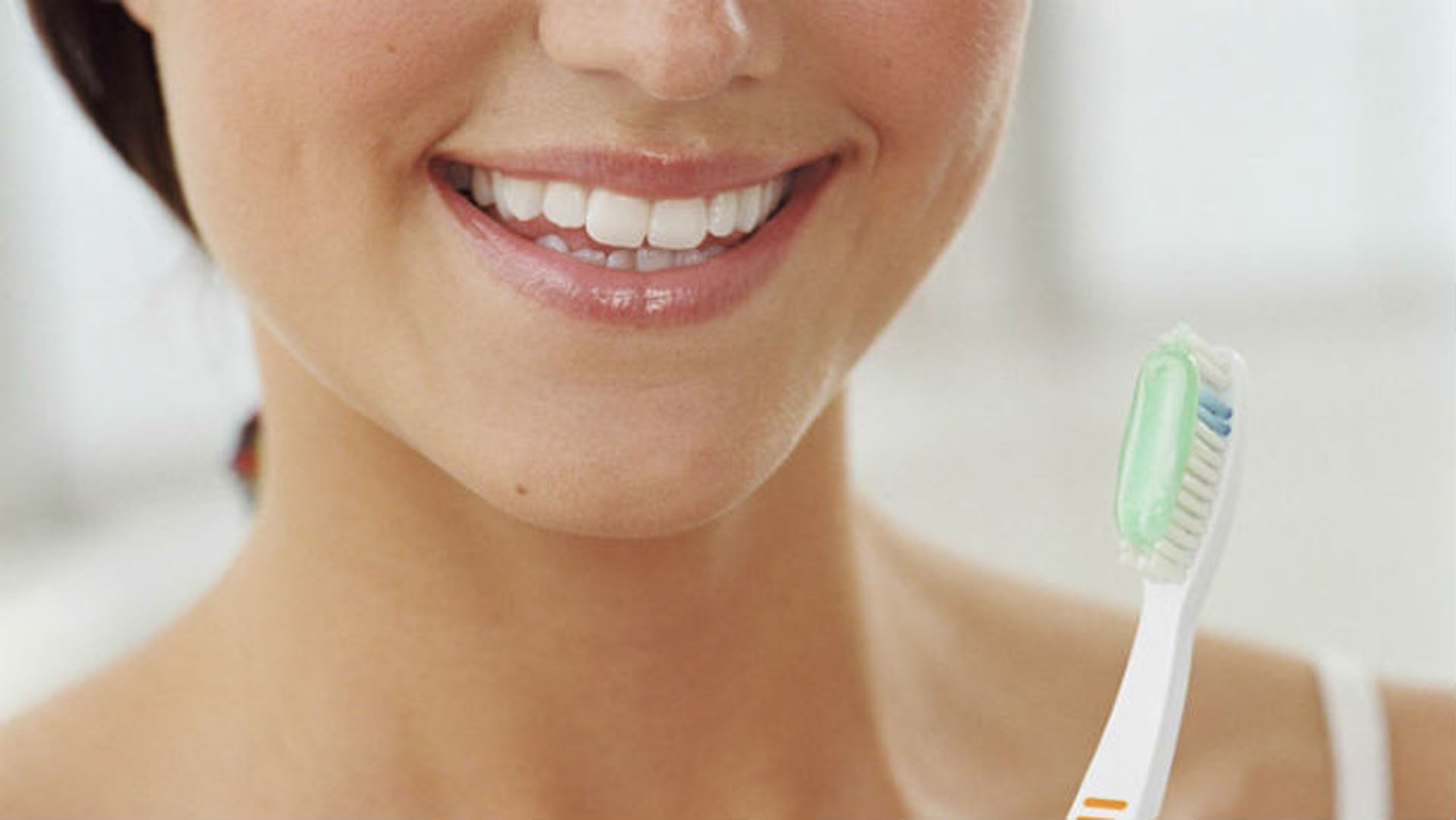-
When teeth are frequently exposed to acids, especially from foods and drinks containing sugar and starches, it causes the enamel to lose minerals. A white spot may appear on the tooth surface where minerals have been lost, which is an early sign of decay. At this point tooth decay can be stopped and remineralised from saliva and other sources. If the tooth decay process continues, enamel can weaken, resulting in permanent damage in the form of a cavity and a visit to the dentist for a filling.
Here are some ways to prevent the formation of cavities.

1. Minimise refined sugars in diet
This includes excessive consumption of fruit juice and the obvious culprits like lollies, cakes, biscuits and sugary soft drinks and cordials.
2. Brush twice daily
It is essential to brush your teeth with a soft bristled toothbrush twice a day before breakfast and bedtime. Brush before breakfast to remove mouth bacteria that builds up on your teeth overnight and to avoid brushing away softened enamel from acidic drinks like orange juice. Acidic foods and drinks soften enamel for at least an hour after consumption, so brushing within an hour after eating or drinking acidic substances can weaken enamel and cause permanent damage.
3. Floss daily
Flossing should be part of your daily oral hygiene routine to remove food debris and plaque that gets caught in between teeth when you eat.
4. Get a dental check-up annually, if not twice a year.
Visiting your dentist for regular check-ups and cleaning is essential for preventing cavities. Sometimes dentists are able to detect cavities early enough before they require fillings.
5. Talk to a dentist about sealants
Fissure sealants are thin plastic coatings painted on to the chewing surfaces of your back teeth. The chewing surfaces of back teeth are rough because they contain small pits and fissures that can trap food and bacteria that a toothbrush can’t easily brush away. Sealants cover these grooves to provide a barrier to protect teeth from the food and bacteria that can get trapped.
6. Drink water after eating
Water neutralises your mouth pH and helps flush away bacteria. It also stimulates saliva production.
7. Eat nutritious food
Nuts, apples, cheese and carrots can help break up plaque that adheres to teeth. Make sure your diet is high in calcium, magnesium and phosphorus, which are minerals in enamel.
Dr. Priya Lal is the founder and principal dentist of High Dental.
7 ways to prevent cavities

-
Mental fitness explained
Just as you work to strengthen your body, your mental health deserves attention and exercise too.
-
Signs it's time to visit the dentist
Nobody wants to go. But there are good reasons to – promise.
-
The link between stress, anxiety and jaw pain
Physiotherapist Michael Chan explains how stress and anxiety can cause jaw pain, and how to help get some relief.
-
When you can't sleep next to your partner
You love everything about them – except their sleep habits.
-
The 7 best sleep apps
7 apps for deep restorative sleep
-
5 ways to relieve stress
Discover 5 easy stress-relief techniques to calm your mind and body. Try exercise, breathing, outdoor time, positive self-talk, and more for a balanced life.
Subscribe to receive the best from Live Better every week. Healthy recipes, exercise tips and activities, offers and promotions – everything to help you eat, move and feel better.
By clicking sign up I understand and agree to Medibank's privacy policy



.jpg)


